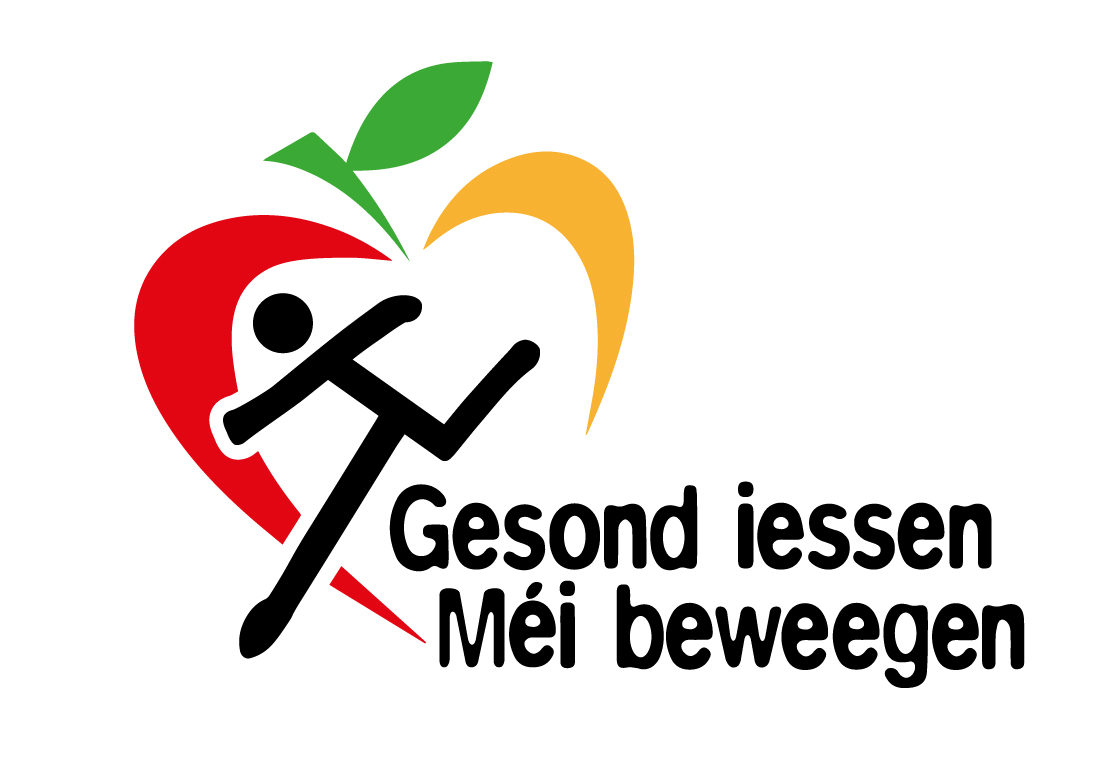Foods and drinks high in sugar, salt and fats
Food and drinks high in sugar, salt and fats, and with a Nutri-Score of D and E should be consumed in moderation.
Snacks and treats are often very calorific. They are high in sugar and fats. Eaten between meals, they spoil your appetite and interfere with the recommended pattern of three meals a day. They often contain very few vitamins and minerals, which means that they contribute nothing to a balanced diet. They are known as " empty calories ".
Sugary drinks
One can (330ml) of lemonade or cola contains an average of 28g of sugar (average lemonade: 8.45g/100g, source: Ciqual).
The World Health Organization recommends that added sugar should make up less than 5% of our total energy intake. For someone with a total calorie intake of 2,000 calories per day, this is equivalent to 25g of added sugar. (WHO, 2015)
and therefore exceeds this recommendation.
Are diet drinks an alternative ?
Diet drinks still fall into the "extras" food group. They are less calorific and contain little or no sugar, but they contain a lot of manufactured additives.
These additives can be colourings, acids, flavourings, etc., consumption of which should be limited.
Energy drinks
These drinks contain large quantities of sugar and synthetic or natural caffeine. They act as a stimulant.
Too much of them can cause headaches, nervousness, irritability and insomnia. Excessive consumption can cause cardiovascular, neurological or psycho-behavioural problems.
According to the EFSA (European Food Safety Agency), the single dose of caffeine for safe consumption by adolescents (10-18 years old) is a maximum of 3mg/kg of body weight.
Alcoholic beverages
Alcohol consumption is prohibited under the age of 16 in Luxembourg.
Alcoholic beverages form part of the "extras" food group. Alcohol consumption during adolescence can hinder physical development. Up to the age of 20, the body, and particularly the brain and the liver (which processes alcohol), is still developing and there is a genuine risk of damage.
Ultra-processed foods
Ultra-processed foods are " industrial formulations typically with 5 or more ingredients such as fats, sugar, salt and in particular additives not used in a domestic kitchen, intended to imitate the natural properties of the unprocessed foods or disguise undesirable flavours." (NOVA Classification, 2017)
In other words, if the ingredients list contains items that you wouldn't normally find at home/in a kitchen, you are looking at an ultra-processed food.
Here are some examples :
sliced bread, biscuits, frozen pizza, most " breakfast " cereals, fizzy drinks, ready-to-eat burgers, chicken nuggets, etc.
If you consume a lot of ultra-processed food, try not to have more than two items per day, for example: one sugary drink and some breakfast cereal.
The Nutri-Score can also help you choose.
Opt for homemade meals using natural products rather than industrial ready meals.
Last update


